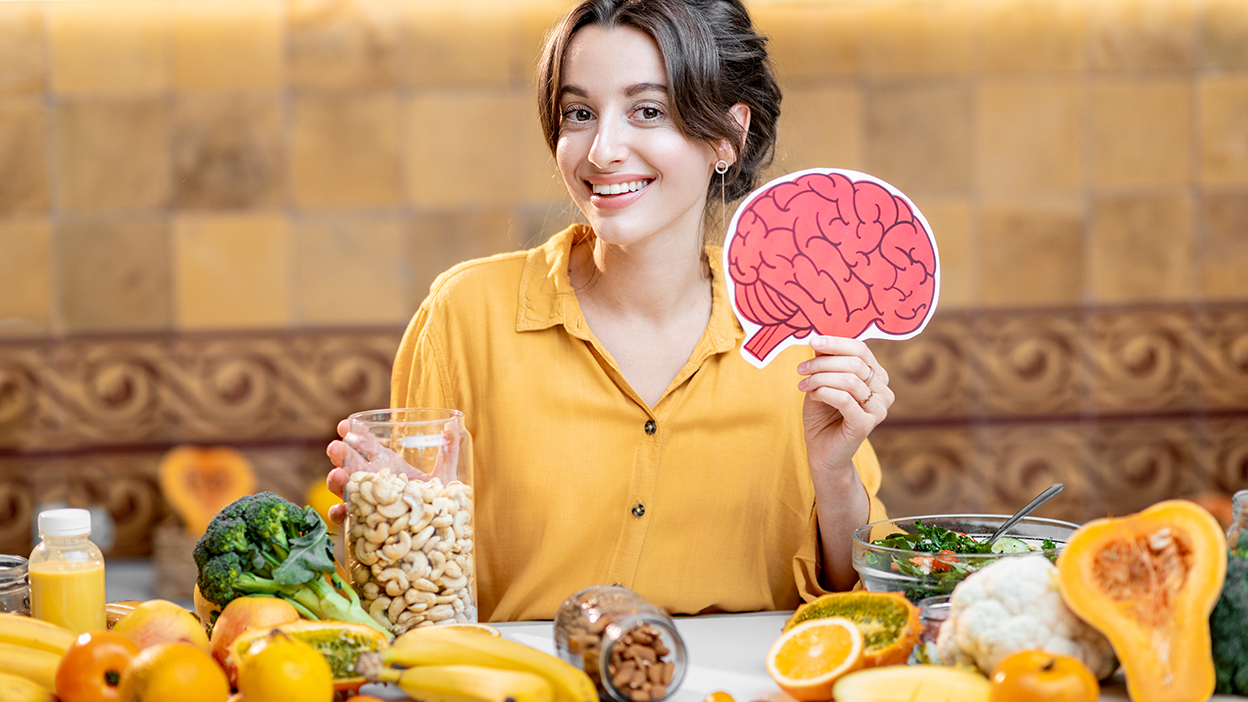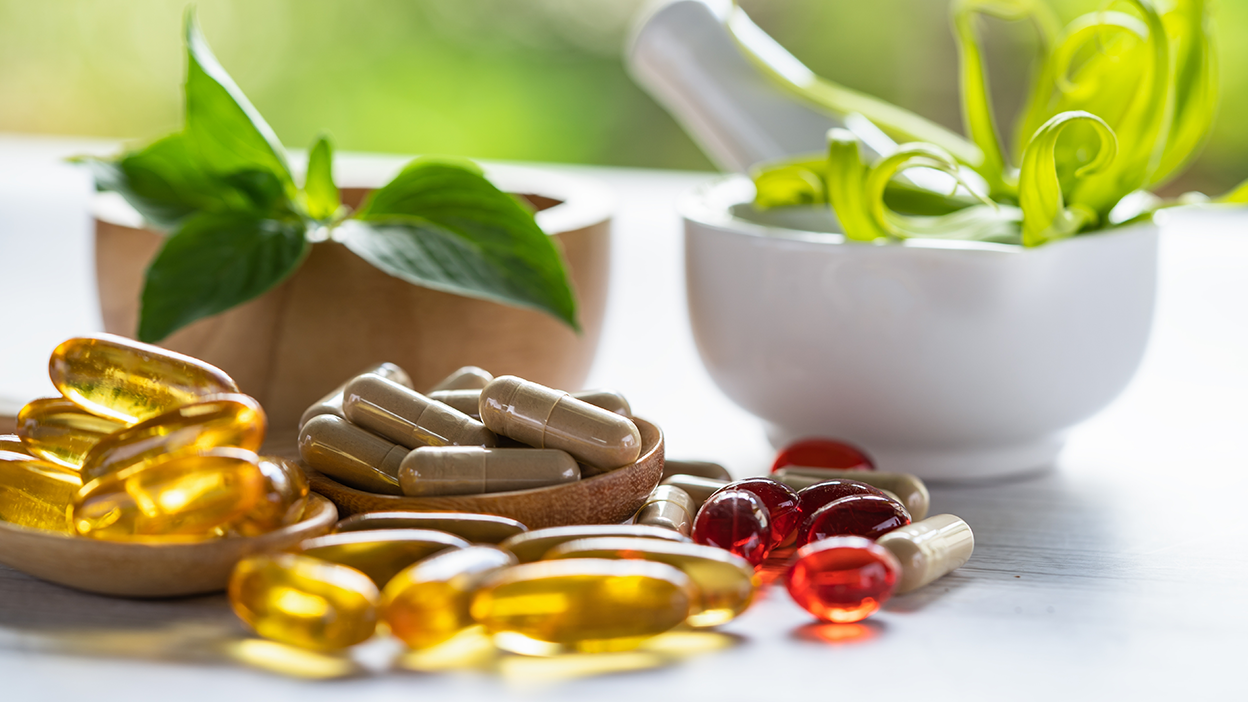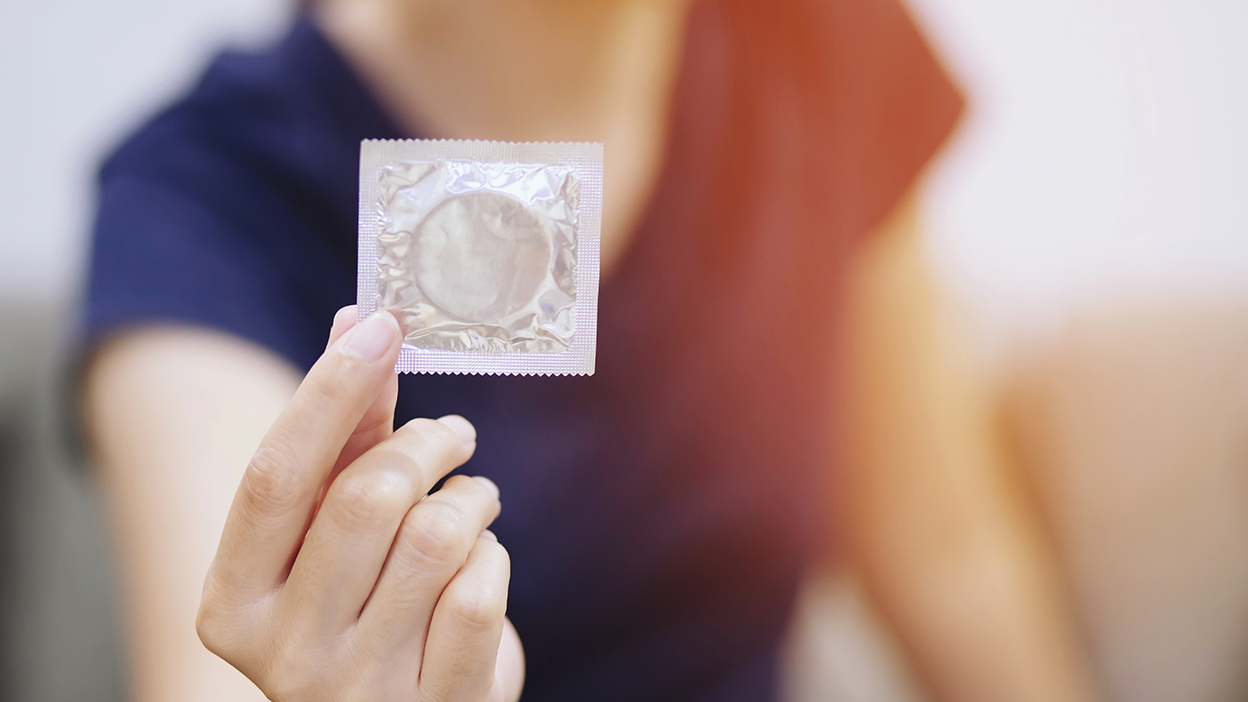Balanced nutrition
Intro
And what if it's PMS? Hormones are to blame for everything! Research has shown that your appetite changes slightly before the onset of menstruation. This is due to a sharp drop in progesterone and serotonin.
Article
Balanced nutrition is a key aspect of maintaining good health and can help you feel your best. Here's what a balanced diet should include:
- Fruits and Vegetables: These should make up a large portion of your diet. They are high in vitamins, minerals, and fiber but low in calories. Aim to fill half of your plate with fruits and vegetables.
- Whole Grains: Foods such as whole wheat, brown rice, oatmeal, and quinoa are excellent sources of fiber and help to keep your digestive system running smoothly.
- Protein: This is crucial for building and repairing tissues in your body. Sources of protein include meat, poultry, fish, eggs, dairy products, legumes, nuts, and seeds.
- Healthy Fats: Your body needs fats for energy and to support cell growth. Healthy fats can be found in foods like avocados, nuts, seeds, and oily fish like salmon and mackerel.
- Dairy or Dairy Alternatives: These provide a good source of calcium and other essential nutrients. Look for low-fat or non-fat options when possible.
- Hydration: Drink plenty of fluids throughout the day, with water being the best choice.
Which products should be given special attention to?
- Baked or grilled fish, chicken breast, and meat for protein.
- Colorful fruits and vegetables increase the content of vitamins and minerals in the body.
- Whole grains, such as brown rice, barley, chickpeas, corn as sources of carbohydrates.
- Dairy products rich in calcium.
- Iron-rich foods such as meat, spinach, leafy greens, tofu, and iron-fortified breakfast cereals.
- Complex carbohydrates with a small amount of fat, such as whole grain bread with peanut butter.
In addition to these, it's important to limit the intake of added sugars, salt, and unhealthy fats (such as saturated and trans fats). You should also aim for variety to make sure you're getting a wide range of nutrients.
And what if it's PMS?
Hormones are to blame for everything! Research has shown that your appetite changes slightly before the onset of menstruation. This is due to a sharp drop in progesterone and serotonin. Your metabolism also works a bit faster during this time, so you will feel hungrier than usual, and this craving for food will begin to show. As for morning coffee - too much caffeine leads to painful periods, sleep problems, irritability, and restlessness. If you experience any of these issues during menstruation, coffee, cola, and chocolate are not your friends. Nevertheless, it's okay to indulge some cravings. Sweet or salty treats are permissible if consumed in moderate amounts.
Lastly, balanced nutrition goes hand in hand with other lifestyle behaviors such as regular physical activity, adequate sleep, and stress management. You might also find it helpful to consult a dietitian or nutritionist for personalized advice based on your specific needs and conditions.







